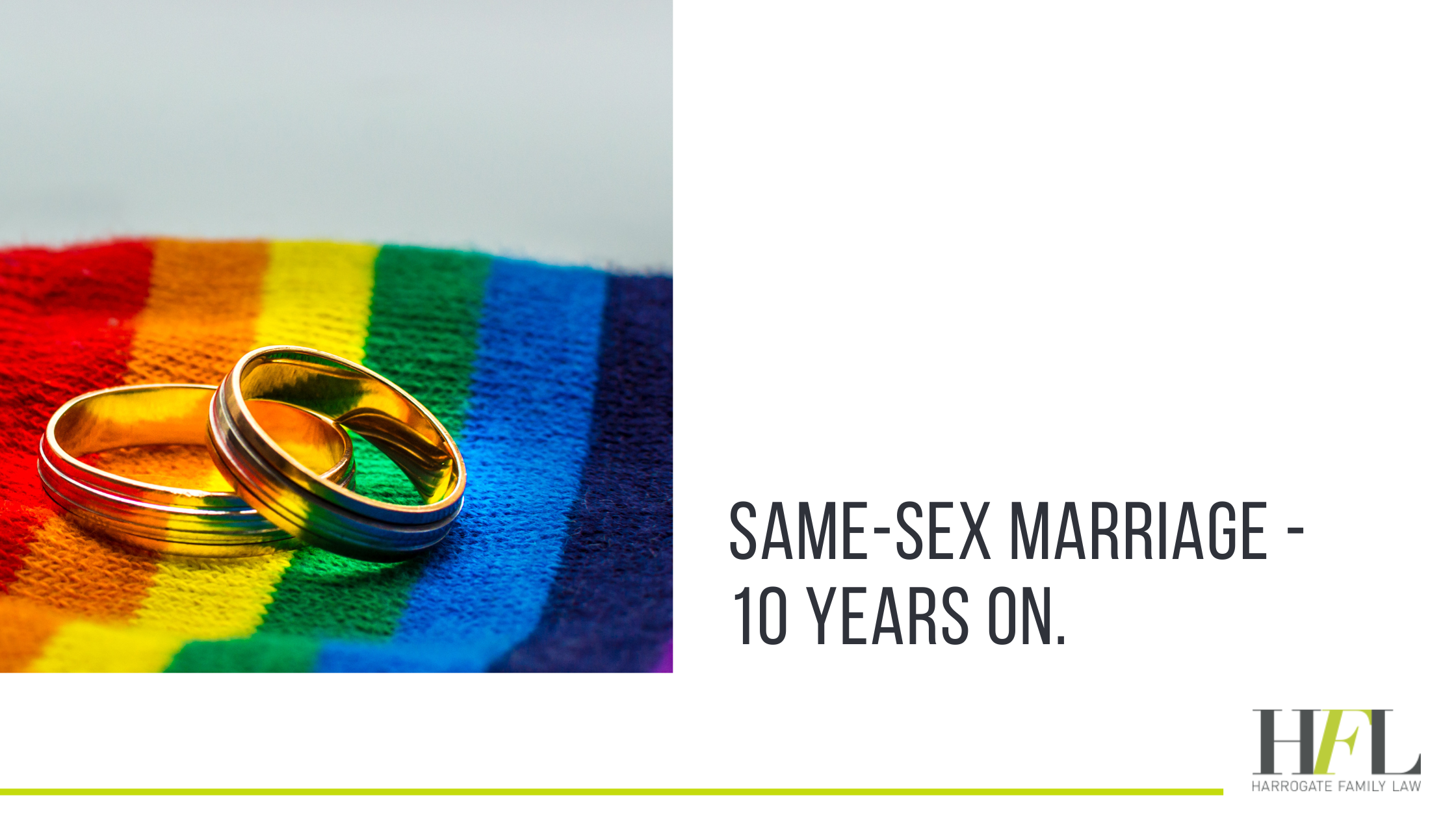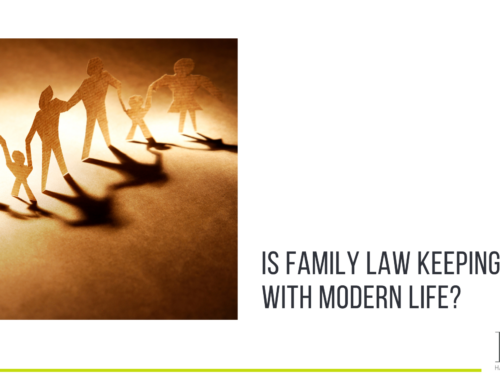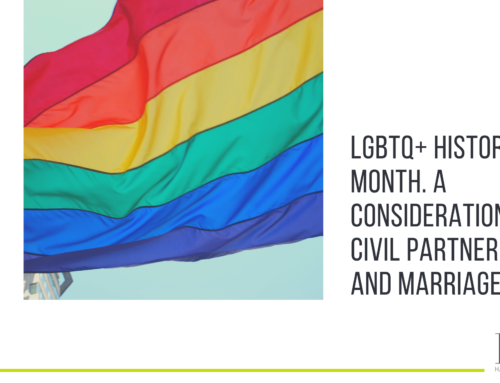This year, on 29 March 2024, marks ten years since the first same-sex marriage took place in England and Wales.
The passing of the Marriage (Same Sex Couples) Act 2013 was the result of the tireless efforts of LGBTQ+ campaigners to ensure that same-sex couples have the same rights and protections in law as those of heterosexual couples.
As the world once again celebrates Pride during June, we wanted to reflect on the ten years that have passed since that landmark piece of legislation, including the progress we’ve made and how far we still need to go to secure equality. Take a look.
What did the Marriage (Same Sex Couples) Act 2013 achieve?
Crucially, the act enabled same-sex couples to get married. This means that couples are afforded all of the legal protections and benefits that marriage brings – most notably concerning assets, finances and any children of the relationship.
Additionally, the act ensured that foreign same-sex marriages, properly carried out in their country of origin, would be recognised under the law in England and Wales.
The act further allowed couples who had entered into civil partnerships to convert them into marriages, whether or not they chose to have a ceremony. You can read more about the differences between marriage and civil partnerships here.
How have attitudes changed?
In short, a lot. Whilst the right for same-sex couples to marry had support from a cross-section of society, a YouGov poll showed that only around 42% of Britons supported the idea of same-sex marriage back in 2011. Furthermore, 28% said that whilst they supported civil partnerships between same-sex couples, they didn’t offer the same support to any other kind of union between them.
By July 2023, these figures had changed exponentially, with 78% of Britons surveyed supporting same-sex marriage. While this is undoubtedly positive progress, the world still has a lot of work to do to achieve true inclusion and equality.
What about religious marriage ceremonies?
For many couples, having their marriage ceremony in a place of worship and recognised by their faith is an important consideration.
In England and Wales, the Marriage (Same Sex Couples) Act 2013 allows same-sex couples to have both civil and religious ceremonies but grants religious institutions the right of freedom to refuse to conduct them.
As it stands, only a handful of religions will conduct same-sex marriage ceremonies. As the debate around the issues continues, it will be interesting to see whether or not their stance will change and progress and equality will be embraced.
The global state of play
Shockingly, homosexuality is still a crime in no less than 40 countries. In 12 of those countries, homosexuality is a crime punishable by death. When put into context this way, the equality that comes with same-sex marriage feels a long way away, and the unfortunate reality is that less than 40 of the 195 countries worldwide recognise same-sex marriage.
The above is relevant to same-sex couples who marry in England or Wales but intend or would like to live abroad. If that’s the case, seeking advice about your marital status and what to do if it’s not recognised is vital.
At Harrogate Family Law, we recognise that every marriage and every set of circumstances is unique, regardless of whether you’re in a same-sex or heterosexual marriage. If you need expert legal advice about your separation or divorce, we’re always here to help. Get in touch today to speak with a member of the team.






